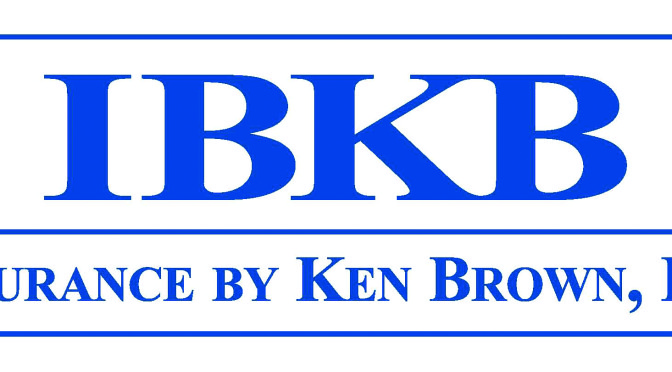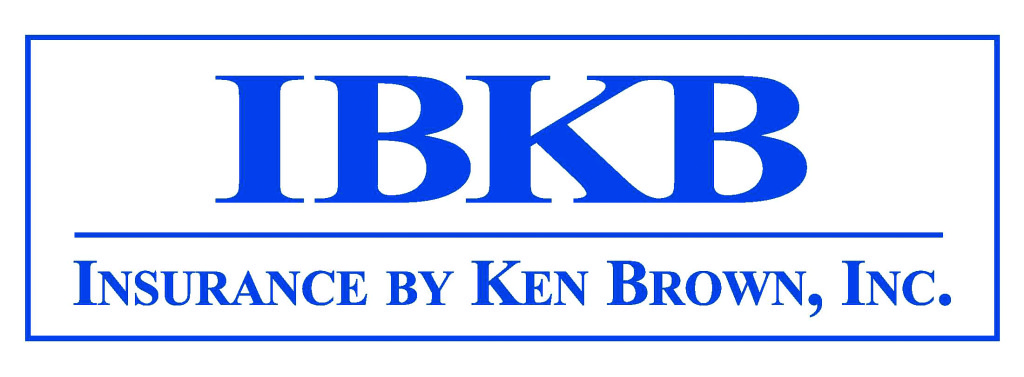A situation a Florida business ran into recently made us believe that a short article on this subject might be of value. The US Department of Labor contacted this business as a result of a former employee complaint. The individual was a pool service technician who was paid per pool serviced vs. by an hourly wage. When the Department of Labor contacted the business they asked for copies of the employer records demonstrating hours worked, etc.
The employer explained how the technicians were not paid hourly, how the hourly wage equated to well above minimum wage and that none of his technicians worked overtime (in fact they often worked far less). Still, the failure to have detailed records on how many hours each employee worked was a failure in compliance according to the department.
Below are some of the basics on FLSA. The Fair Labor Standards Act (FLSA) establishes minimum wage, overtime pay, recordkeeping, and child labor standards affecting full-time and part-time workers in the private sector and in Federal, State, and local governments.
Nationally, nonexempt workers are entitled to a minimum wage of $7.25 per hour effective July 24, 2009. Florida has a $8.25 minimum wage. Nonexempt workers must be paid overtime pay at a rate of not less than one and one-half times their regular rates of pay after 40 hours of work in a workweek.
Workweek – A workweek is a period of 168 hours during seven consecutive 24-hour periods. It may begin on any day of the week and at any hour of the day established by the employer. Generally, for purposes of minimum wage and overtime payment, each workweek stands alone; there can be no averaging of two or more workweeks. Employee coverage, compliance with wage payment requirements, and the application of most exemptions are determined on a workweek basis.
Hours Worked – Covered employees must be paid for all hours worked in a workweek. In general, “hours worked” includes all time an employee must be on duty, or on the employer’s premises or at any other prescribed place of work, from the beginning of the first principal activity of the work day to the end of the last principal work activity of the work day. Also included is any additional time the employee is allowed (i.e., suffered or permitted) to work.
Some employees are exempt from the overtime pay provisions or both the minimum wage and overtime pay provisions. Because exemptions are generally narrowly defined under the FLSA, an employer should carefully check the exact terms and conditions for each. Detailed information is available from local WHD (Wage and Hour Division) offices. Following are examples of exemptions which are illustrative, but not all-inclusive. These examples do not define the conditions for each exemption.
Exemptions from Overtime Pay
- Certain commissioned employees of retail or service establishments; auto, truck, trailer, farm implement, boat, or aircraft sales-workers; or parts-clerks and mechanics servicing autos, trucks, or farm implements, who are employed by non-manufacturing establishments primarily engaged in selling these items to ultimate purchasers;
- Employees of railroads and air carriers, taxi drivers, certain employees of motor carriers, seamen on American vessels, and local delivery employees paid on approved trip rate plans;
- Announcers, news editors, and chief engineers of certain non-metropolitan broadcasting stations;
- Domestic service workers living in the employer’s residence;
- Employees of motion picture theaters; and
- Farmworkers
Recordkeeping
The FLSA requires employers to keep records on wages, hours, and other items, as specified in DOL recordkeeping regulations. Most of the information is of the kind generally maintained by employers in ordinary business practice and in compliance with other laws and regulations. The records do not have to be kept in any particular form and time clocks need not be used. With respect to an employee subject to the minimum wage provisions or both the minimum wage and overtime pay provisions, the following records must be kept:
- Personal information, including employee’s name, home address, occupation, sex, and birth date if under 19 years of age;
- Hour and day when workweek begins;
- Total hours worked each workday and each workweek;
- Total daily or weekly straight-time earnings;
- Regular hourly pay rate for any week when overtime is worked;
- Total overtime pay for the workweek;
- Deductions from or additions to wages;
- Total wages paid each pay period; and
- Date of payment and pay period covered.
Records required for exempt employees differ from those for nonexempt workers. Special information is required for homeworkers, for employees working under uncommon pay arrangements, for employees to whom lodging or other facilities are furnished, and for employees receiving remedial education.
Action by the Department
The Department is authorized to supervise the payment of unpaid minimum wages and/ or unpaid overtime compensation owed to any employee(s). In lieu of litigation, the Department may seek back wages and liquidated damages, through settlements with employers. Liquidated damages can be as much as the back wages. Civil money penalties may be assessed for child labor violations and for repeat and/or willful violations of FLSA minimum wage or overtime requirements.
Employers who willfully or repeatedly violate minimum wage or overtime pay requirements are subject to significant civil money penalties per violation. Owners of a company can also be found to be personally liable.
Employers who violate the child labor provisions of the FLSA are subject to a civil money penalty of up to $11,000 for each employee who was the subject of a violation. These penalties may be increased up to $50,000 for each violation that caused the death or serious injury of an employee who is a minor, and may be doubled to $100,000 if the violation was determined to be willful or repeated.
All of this information was obtained form the US Department of Labor website. Access to the specific site is http://www.dol.gov/whd/foremployers.htm. You are encouraged to contact the Department of Labor direct with any questions, comments or concerns.




